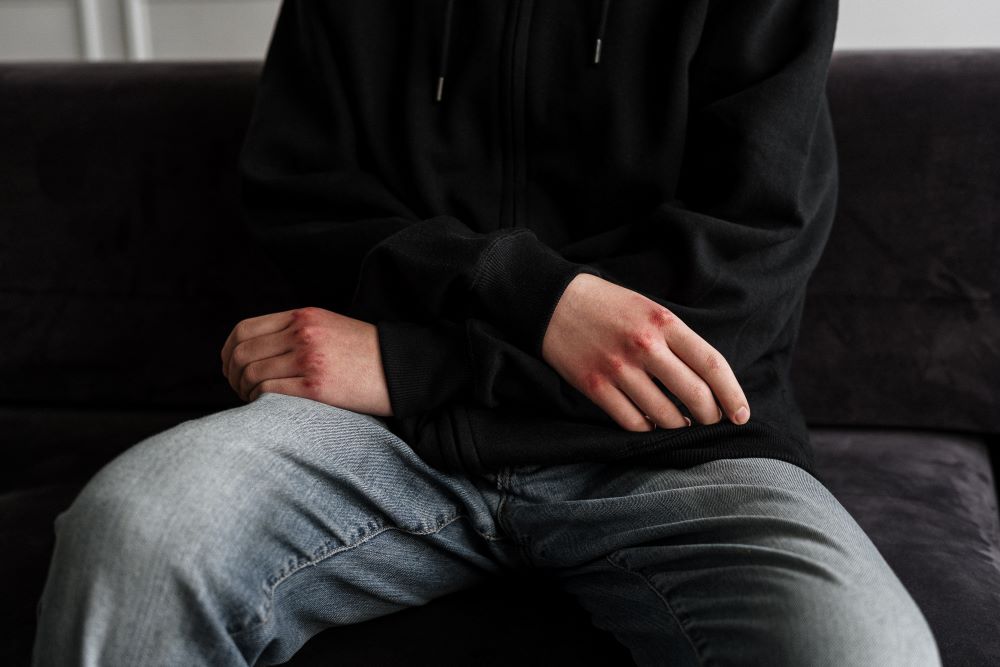Violence, whether direct or indirect, can cause mental health problems like anxiety, depression and PTSD.
As the United States faces an increase in the number of violent events such as mass shootings, studies show how these incidents can take a toll on people’s mental health. Exposure to violence tends to build a tolerance, making both children and adults desensitized to the gravity of any given situation. It’s similar to an alcoholic who drinks every day and, as time goes by, requires more alcohol to achieve the same effect as before. The same can be said for sex, violence, and all of the other negative influences circulating 24/7.
A recent survey published by Kaiser Family Foundation reported that over 50% of American adults have experienced an incident involving a gun, and one out of five people have personally threatened with gun violence or had a family member who died because of it.
Wesley Davis Jr., a Bakersfield resident, also lost his son to gun violence at the tender age of 16. Wesley expressed how witnessing violence regularly can reopen wounds and have a long-lasting impact on health.

The biological impact of violence is now becoming better understood and includes effects on the neuroendocrine system, immune response, and the brain. Consequences normally include an increased probability of anxiety, post-traumatic stress disorder, depression, and suicide. Moreover, it also increases the risk of developing heart disease and experiencing premature death. The health consequences of violence may differ based on the sex and age of the victim and the type of violence they experience. People who face multiple forms of violence may have to deal with cumulative health effects.
Numerous implications are understood by studying the relationship between exposure to violence and mental health. Firstly, most people who witness or experience violence require mental health support and interventions that go beyond the short-term and can even become lifelong. Secondly, when communities experience consistent or significant violence, there arises a need to both identify the consequences created for all community members and create strategies for addressing those negative consequences. People who live in violent neighborhoods often become victims of PTSD, which can have spillover effects on their friends, family members, and other community residents.
It is important to recognize the physical and emotional toll that violence takes on the entire community to address its effects. Strategies that prevent and promote good mental health include fostering social connections in neighborhoods, enhancing positive emotional development, promoting adequate employment opportunities, and ensuring that young people have access to non-judgmental and caring mentors.
The key to protecting mental health against violence exposure also lies in proper management. Both children and adults must manage their social media, keep a check on how much online stuff they consume, and incorporate a healthy and balanced diet into their daily routines. Parents should closely monitor what their children are watching, who they’re interacting with, and where they usually hang out. Lastly, if someone shows explicit signs of mental distress, it is important to seek professional help before symptoms spiral out of control.
Sources:
The Impact of Gun Violence on Children and Adolescents


Join the conversation!